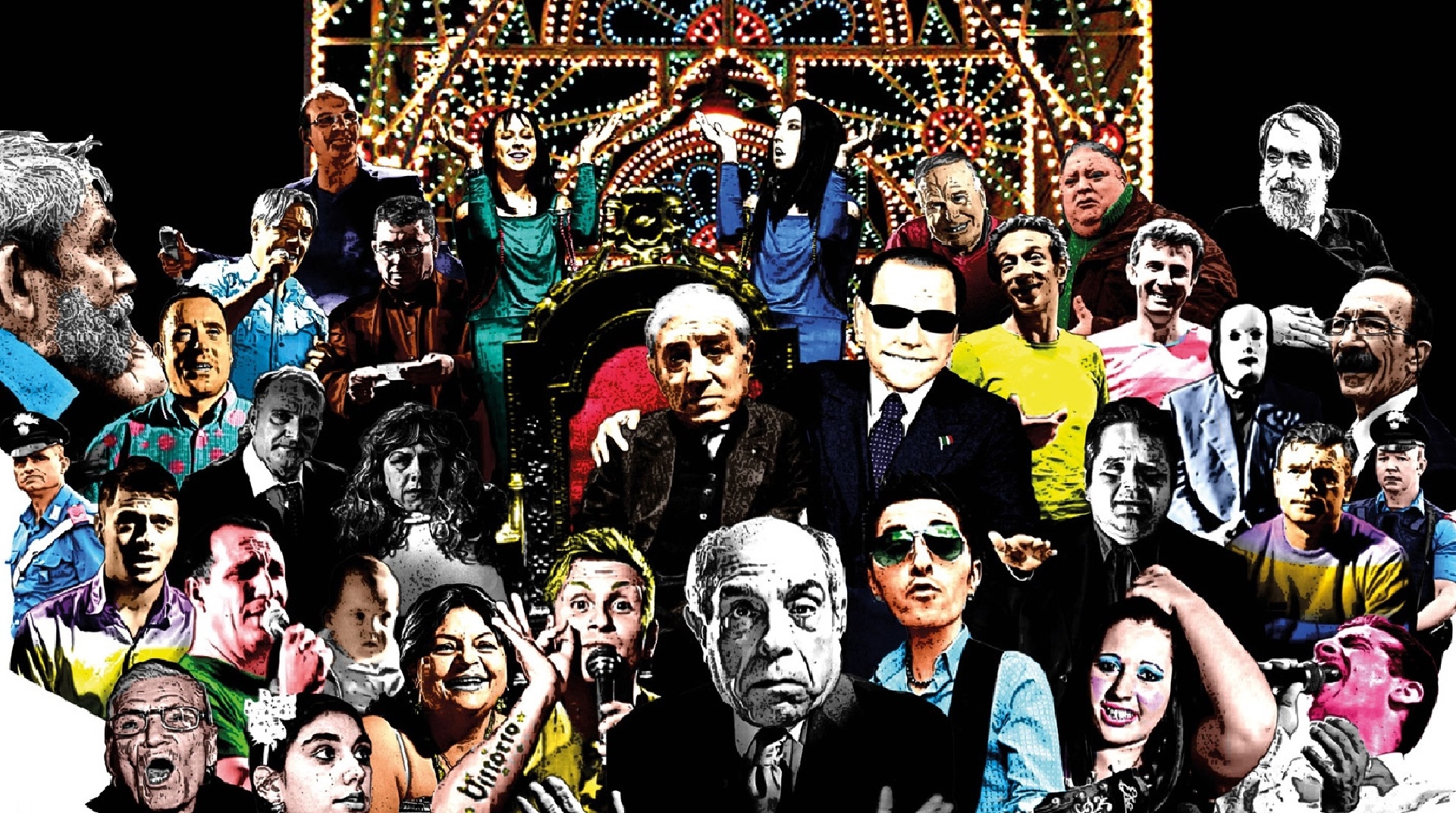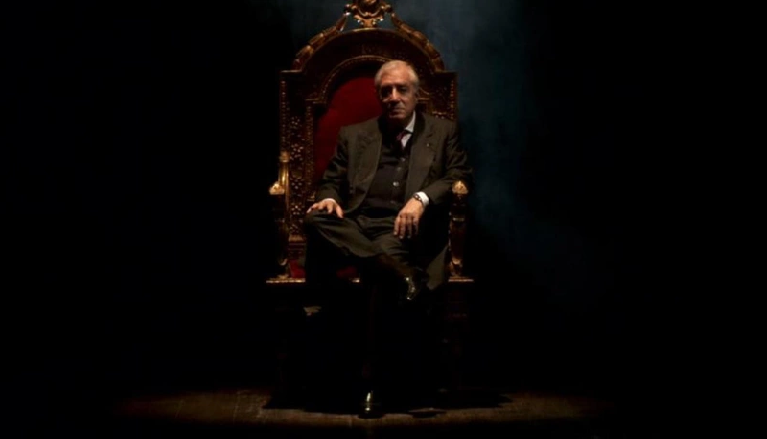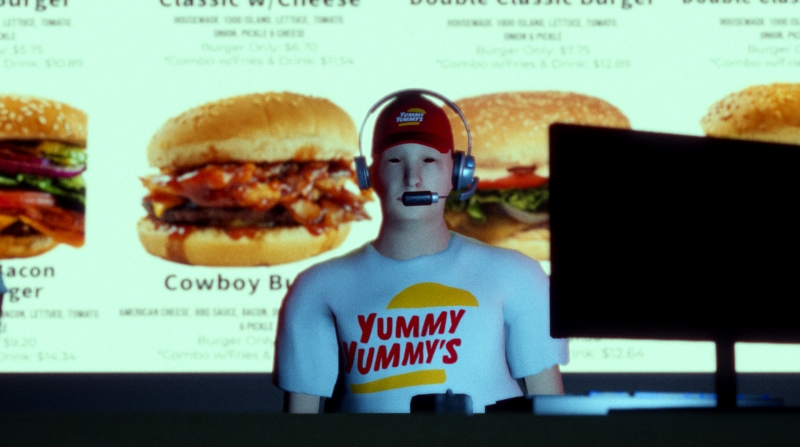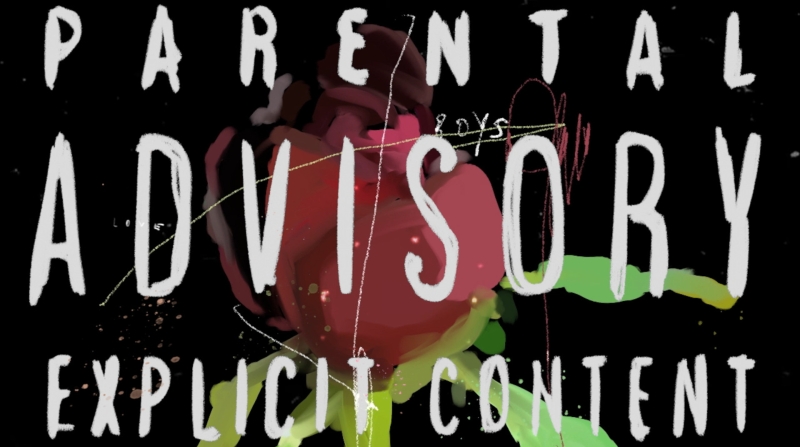The Special Event Franco Maresco offers a selection of his works in collaboration with Ila Palma, Dream Film, and Cinecittà.
Lunedì 17 giugno
Teatro Sperimentale – Sala Grande
Ore 15:00
GLI UOMINI DI QUESTA CITTA' IO NON LI CONOSCO (Italia, 2015, 89’)
Martedì 18 giugno
Teatro Sperimentale – Sala Grande
Ore 16:15
ENZO, DOMANI A PALERMO! (Italia, 1999, 60’)
A seguire
LA MIA BATTAGLIA (Italia, 2016, 28’)
Giovedì 20 giugno
Teatro Sperimentale – Sala Pasolini
Ore 15:30
LOVANO SUPREME (Italia, 2023, 60’)
A seguire
STEVE E IL DUCA di Germano Maccioni (Italia, 2024, 53’)
Teatro Sperimentale – Sala Grande
Ore 21:00
IO SONO TONY SCOTT (Italia, 2010, 128’)
Venerdì 21 giugno
Teatro Sperimentale – Sala Grande
Ore 21:00
LA MAFIA NON È PIU' QUELLA DI UNA VOLTA (Italia, 2019, 105’)
A seguire
BELLUSCONE. UNA STORIA SICILIANA (Italia, 2014, 95’)
Fulvio Baglivi
Franco Maresco is back in Pesaro for a tribute after the one dedicated to him in 1996. Another era. Franco, then in a duo with Ciprì, remembers the meetings with Ferreri, who cherished Grazie Lia, and Monteiro. In that distant 1996, even though they had already made Lo zio di Brooklyn – the most terminal debut feature in film history, also a ‘ending’ to the Cinico Tv period, acclaimed by a (surprised) few, such as Gianni Amelio and Carmelo Bene, and received coldly by most – Ciprì and Maresco were renowned especially for the works broadcast in TV. The Palermitan duo basically proved Roberto Rossellini was right, pursuing that path that crossed and broke all barriers; it was cinema and TV, video and film stock, fiction and documentary, educational and ‘political’ at other moments... it was new cinema, it was “something (never) seen,” it was Blob. Not coincidentally, it is the Rossellini-esque fringe of critics that praise, disseminate, and study Ciprì and Maresco: from Adriano Aprà to Filmcritica, Ghezzi Giusti Germani, Roberto Turigliatto and the Turin Film Festival, Tatti Sanguineti, and Alberto Farassino, who authored a fundamental essay published first in Insenso Cinico (Ila Palma, 1994) and then in the boxsets released by the Cineteca di Bologna. Goffredo Fofi himself who, like Enrico Ghezzi, had always followed and supported the journey of Ciprì and Maresco first, and then of Franco after the duo split, soon inquired about the latter’s relationship with the director of Europe ‘51. Mention should be made that Maresco has never appreciated the association with Rossellini, always declaring a greater love for other di- rectors and often appealing to Welles and Ioseliani as ideal comrades.
The Cinico TV period was imprinted in the critics’ imaginary and historicized virtually in real time even before the mid-nineties. The high-contrast b&w, the black skies, the post-apocalyptic landscapes are like a trademark but also something Ciprì and Maresco themselves brought to the end (in aesthetic terms, because that world is ac- tually extinct). Toto Who Lived Twice was already very different, as it extolled a po- etic, profound component of nostalgia for the absolute and distance from the world, something already seen in several earlier shorts like Lontane, Venerdì Santo, Sabato Santo, Domenica di Resurrezione, and others. From The Return of Cagliostro on- wards, the aesthetic form of the films has changed and varied every time, as has al- ways happened with the works of Maresco before and after Ciprì, continuing the pessimist reflection on cinema (“cinema is over” was a mantra that has accompanied Maresco since his beginnings) and on life – the gloomy vision, the corrosive humour pervading the Palermitan filmmaker’s opus.
The 2024 Special Event intends to pay a tribute to the work that Franco Maresco has carried out since the separation from Daniele Ciprì. His linguistic and formal research has retained the philosophical, (in)civil, and anthropological nature of his work at the same time giving shape to a new cinema.
However inimitable, extremely personal, revolving around its creator who is also a presence – not only in terms of voice, but even more of body – the filmmaking of Franco
Maresco without Ciprì has paved unexplored ways compared to present-day, main- stream cinema departing from the fact that cinema as we knew it “is over” besides being useless, in a society increasingly alienated and lobotomised by technology. Just think of Io sono Tony Scott, ovvero come l’Italia fece fuori il più grande clarinettista del jazz, to be screened in Pesaro after so many years, which through a montage of interviews and archival footage presents a kaleidoscope that is also a self-portrait of Maresco – a detailed biography of a giant of 20th-century music, the depiction of a dev- astated and disgusting country, Italy, where the grotesque has turned into dreariness. The same could be said about Gli uomini di questa città io non li conosco, a portrayal of the immense poet and playwright Franco Scaldati, also from Palermo and a close friend of the filmmaker’s, and a moving and affectionate homage to one of the major Italian artists of the post-war period as well as the depiction of a waning city set against the sad present of Palermo today.
Maresco extracts the lived experience and temperament of his ‘characters’ blending in his own, thus creating a mix of what once would be defined ‘personal and political’ that departs from given points and reaches absolute spaces and times. All this while trying to ‘stay friends’ with the viewer, despite the seemingly contradiction with the idea that “mankind sucks” and all is in vain, by way of both his comicality – in which he is a master – and his ‘knowledge,’ making films with an educational quality. In this sense, Lovano Supreme (2023) and Steve e il Duca (2024, co-directed with Germano Maccioni) are exemplary.
Enzo, domani a Palermo! (1999), a masterpiece of the Ciprì and Maresco duo – the tragicomic portrait of a film entrepreneur and funeral undertaker, Enzo Castagna – is screened together with La mia Battaglia (2016), a short tribute to his friend Letizia Battaglia, a world-famous photographer and a symbol of the engaged, indignant Palermo that stands against the Mafia. The two films offer a glimpse of the colours that compose Maresco’s palette, from deep red to abysmal black up to blinding white. In his work, which cries “mankind sucks” “and is ever more despicable, and all is in vain,” he strenuously continues to attack the powerful, to narrate and expose the abuse and crimes perpetrated against the exploited and the losers, i.e., the ‘heroes’ of Maresco’s worlds. Wary of change, unless it’s for the worse, the diptych Belluscone. Una storia si- ciliana (2014) and The Mafia Is No Longer What It Used to Be (2019) that premiered in Venice is the most lucid and powerful j’accuse against the Italian establishment that ensued the Moro affair, reached the climax during two decades of Berlusconi leadership, and is now sinking in this darkening, endless night.
ALL SCREENINGS ARE FREE




